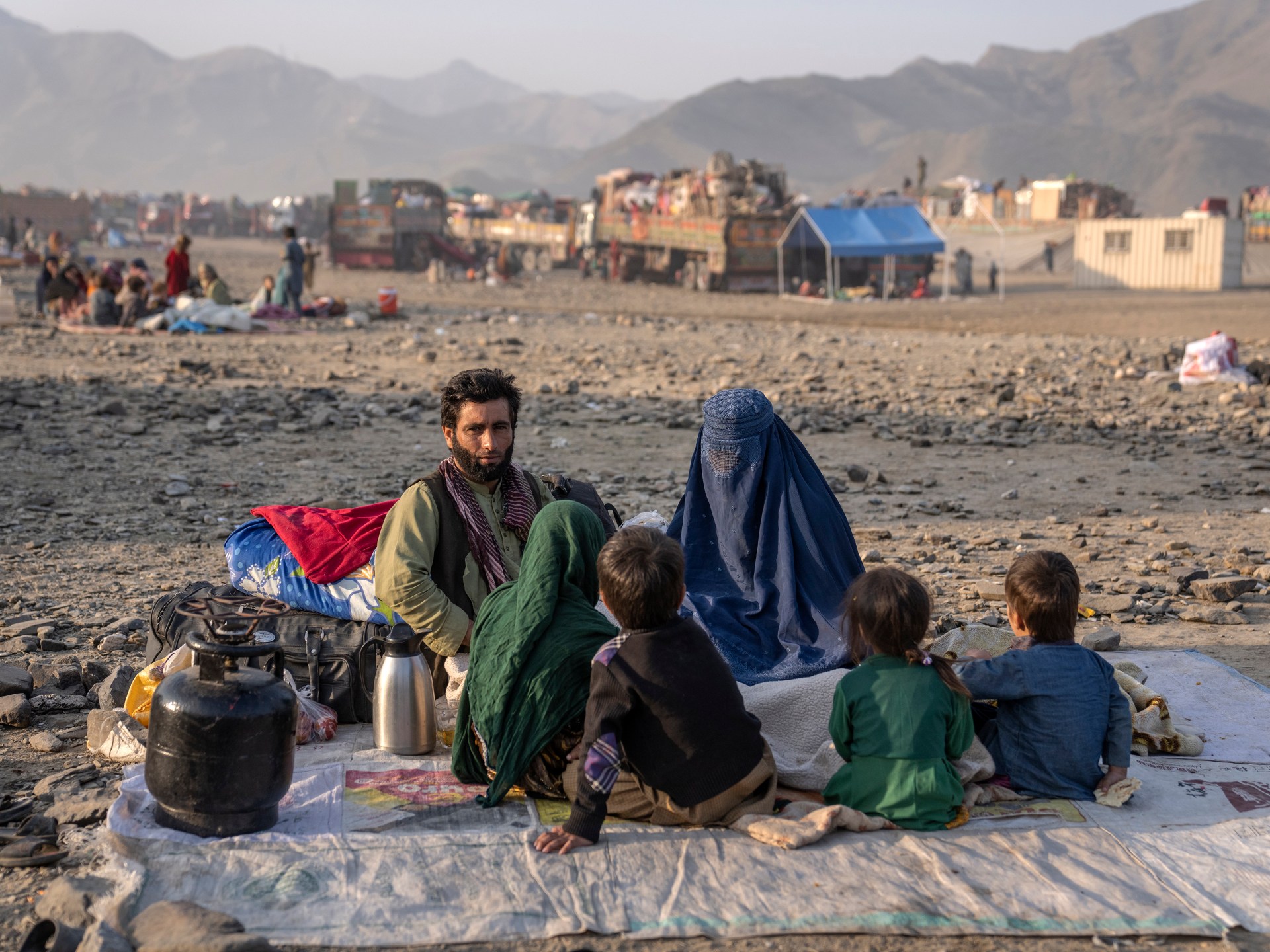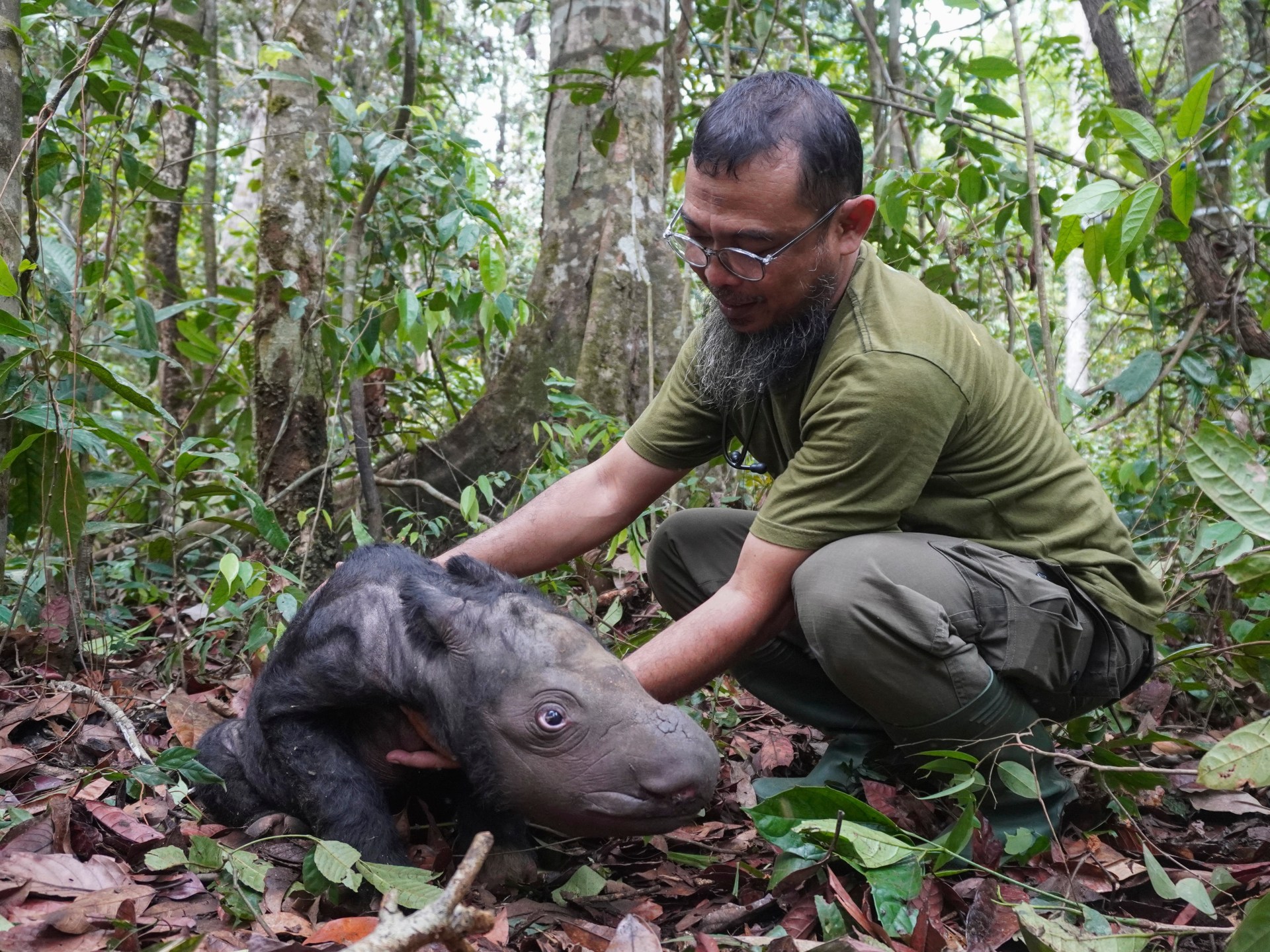At BRICS Summit, Guterres global unity call in face of ‘existential’ challenges — Global Issues
Addressing the BRICS Summit, taking place in Johannesburg, South Africa, Secretary-General António Guterres commended the Rainbow Nation’s “extraordinary path to unity through action and justice.”
“That’s what our world needs: unity for action and unity for justice; we are confronting existential challenges,” he said, drawing attention to worsening impacts of climate change and rising poverty, hunger and inequalities.
The BRICS group of world economies made up of Brazil, Russia, India, China and South Africa which joined in 2010, represents more than 40 per cent of the world’s population, and all five States are also members of the wider G20 bloc.
Mr. Guterres spotlighted the risks posed by emerging technologies without a comprehensive global framework, while also shedding light on the geopolitical divides and conflicts, especially the impacts stemming from the Russian invasion of Ukraine.
‘Multipolar world’
In his address, Mr. Guterres outlined the global shift towards a multipolar world, cautioning that multipolarity alone cannot ensure a peaceful and just status quo. He called for robust and effective multilateral institutions to support this shift.
Drawing parallels, he highlighted the lessons from the early 20th century when Europe’s multipolarity without strong multilateral mechanisms contributed to the start of the First World War.
“As the global community moves towards multipolarity, we desperately need – and I have been vigorously advocating for – a strengthened and reformed multilateral architecture based on the UN Charter and international law,” Mr. Guterres said.
Pointing out that today’s global governance structures were established in the aftermath of World War Two, excluding many African countries still under colonial rule, he stressed the necessity for these institutions to reflect contemporary power dynamics and economic realities.
Without reforms, fragmentation ‘inevitable’
The UN chief warned that without such reforms, fragmentation becomes inevitable.
“We cannot afford a world with a divided global economy and financial system; with diverging strategies on technology including artificial intelligence; and with conflicting security frameworks,” he said.
Mr. Guterres went on to note that low-income countries, particularly in Africa, would bear the brunt of the impact of such a fracture.
“I have come to Johannesburg with a simple message: in a fracturing world overwhelmed by crises, there is simply no alternative to cooperation,” he said.
Redesigning global financial architecture
Addressing Africa’s unique challenges, the Secretary-General said that as an historic victim of slavery and colonialism, the continent continues to confront “grave injustices”, including economic disparities and rapid climate change.
He called for a redesigned global financial architecture and stepped-up climate action, highlighting his Climate Solidarity Pact and Acceleration Agenda.
“Developed countries must also finally keep their promises to developing countries: by meeting the $100 billion goal, doubling adaptation finance, replenishing the Green Climate Fund, and operationalizing the loss and damage fund this year,” he said.
Call for collective action
Mr. Guterres concluded with a call for collective action, stressing that humanity will not be able to solve its common problems in a fragmented way.
“Together, let us work to advance the power of universal action, the imperative for justice, and the promise of a better future.”
Check out our Latest News and Follow us at Facebook
Original Source







